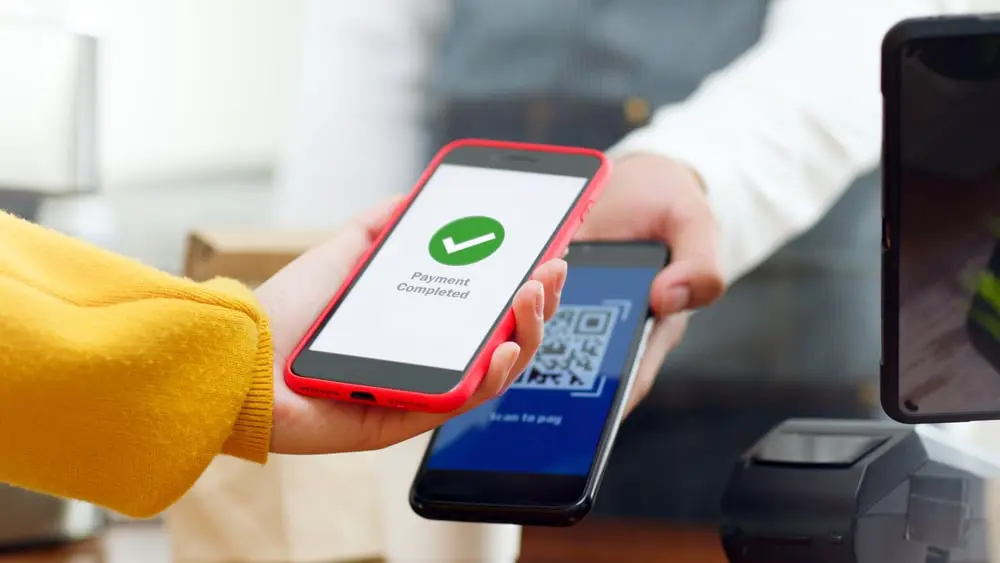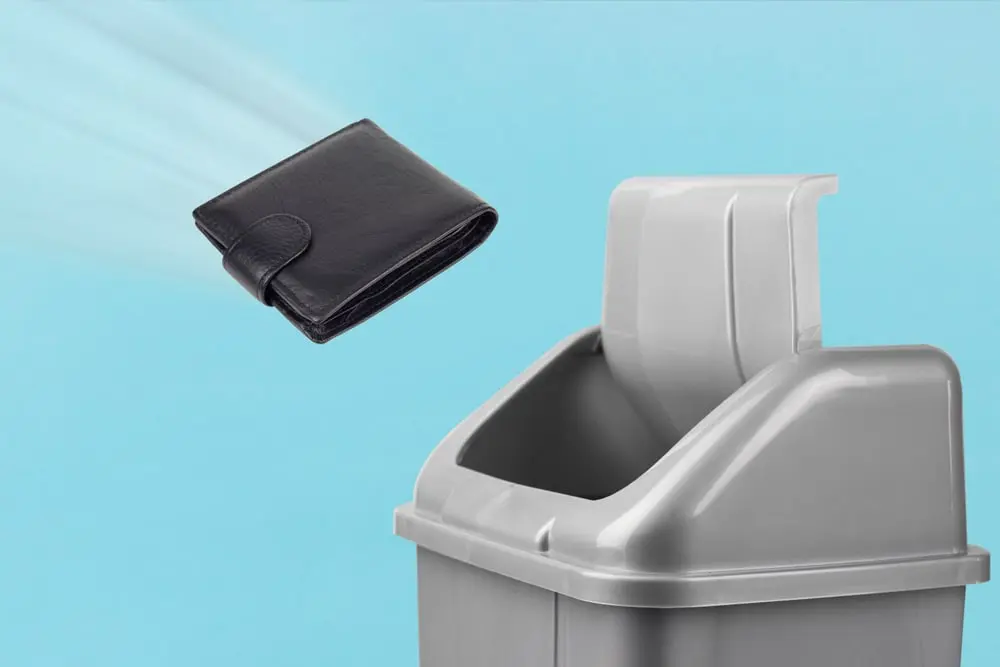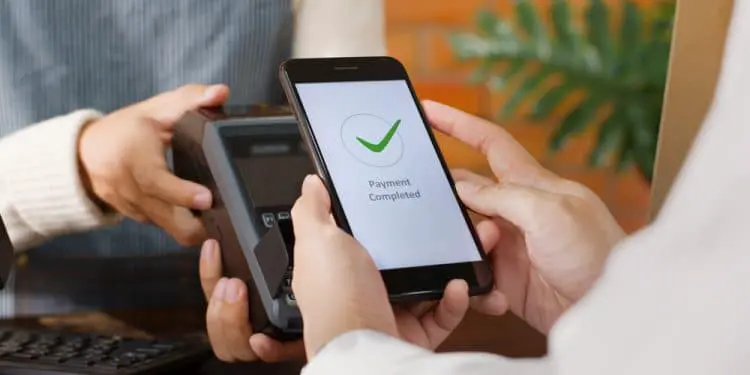Remember the days when you couldn’t leave the house without your wallet stuffed with cash, cards, and a collection of receipts? Fast forward to now, and all you need is your phone. It’s crazy, right? Digital wallets like Apple Pay, Google Wallet, and a bunch of others have become the new normal, making paying for things as easy as a quick tap or swipe.
But here’s the big question: is this the beginning of the end for cash? Will our beloved paper bills and loose change soon be relics of the past, like floppy disks and VCRs? Let’s dive into how digital wallets are changing the way we pay, why they’ve taken off so quickly, and what this means for all of us – whether you’re an early adopter or still holding onto your change jar.
What Do the Experts Think About the Death of Cash?
Opinions on the rise of digital wallets are all over the place, and it’s not just the tech gurus who have something to say about it. Economists, security experts, and everyday people on social media have been chiming in too. Let’s take a look at what everyone’s saying.
Economist Kenneth Rogoff, a Harvard professor and author of “The Curse of Cash,” believes we’re headed toward a cashless society – and that it’s a good thing. Rogoff argues that physical money facilitates crime and tax evasion, so moving towards digital payments could help create a safer, more transparent economy. In an interview with The New York Times, he said, “As digital wallets get better, faster, and more secure, the case for cash weakens. We’re on the verge of a tipping point.”

But not everyone’s on board. Privacy advocate Catherine Austin Fitts, founder of The Solari Report, is concerned about the loss of anonymity that comes with going fully digital. She argues, “Cash gives us freedom. When everything is tracked, there’s potential for financial surveillance and control. Are we really ready to give that up?” Her views, shared on a podcast last year, struck a chord with people who prefer keeping their transactions private.
On the everyday side of things, some folks are loving the ease of digital wallets. One Twitter user, @TechWithEm, shared, “I don’t even carry a wallet anymore. Between my phone and my watch, I’m covered. Who has time for cash anyway?” And she’s not alone. A Reddit thread titled “Who still carries cash in 2024?” saw dozens of comments echoing this sentiment, with one user, u/SamtheMan94, joking, “I’ve had the same $20 in my pocket for six months. Pretty sure it’s just there for emotional support now.”
Still, some aren’t so convinced. @OldSchoolMike, another Twitter user, tweeted, “I get the convenience, but what happens if your phone dies? I like having cash as a backup.” And he’s got a point—technology is great, but batteries aren’t always reliable.
It’s clear that while digital wallets are gaining ground fast, people’s comfort levels vary. Whether you’re team digital or still holding onto your bills, the debate over whether cash is here to stay isn’t ending anytime soon.
The Convenience Factor: Why Digital Wallets Are Winning
It’s no secret that digital wallets are rapidly gaining popularity—and for good reason. Convenience is the name of the game. With just a phone or smartwatch, you can pay for your morning coffee, grab an Uber, or even split a dinner bill with friends. No more fumbling around for your wallet or counting loose change while the cashier waits. And with features like tap-to-pay and facial recognition, payments have never been faster or more secure.
Financial tech expert Dave Birch told The Guardian that “the shift to digital payments was already happening, but the pandemic accelerated the trend in ways we didn’t expect.” Contactless payments skyrocketed during COVID-19, when people became more cautious about handling physical money. This push towards a “touch-free” society seems to have cemented the place of digital wallets in everyday life.

But while many are embracing this new way to pay, not everyone is thrilled about going cashless. For some, especially older generations, cash offers a sense of control. Catherine, 65, from a recent BBC interview, shared her hesitation: “I like having money in my hand. It’s tangible. When I use my phone to pay, it feels like I’m not really spending.” This sentiment isn’t uncommon, especially among those who grew up relying on physical cash.
Even in countries like Sweden, where cash use is almost extinct, a recent survey found that 7 out of 10 Swedes want to keep cash as an option. This suggests that while digital wallets are growing in popularity, cash still plays an important role in society. It’s more than just a way to pay—it’s a comfort zone for many.

What’s Next for Digital Wallets and Cash?
As digital wallets continue to evolve, it’s likely they’ll offer even more features beyond just payments. From loyalty programs to integrating ID cards, the possibilities are endless. But the big question remains: will cash eventually disappear completely? Experts like Kenneth Rogoff believe that cash will slowly fade but never vanish entirely, especially in developing countries where digital infrastructure is still catching up.
For now, it seems we’re living in a world where both cash and digital payments coexist—at least for the time being. And whether you’re a fan of swiping your phone or prefer the feel of bills in your hand, one thing’s for sure: the way we pay is changing fast.
So Is It Time to Ditch Your Wallet?

In the end, digital wallets are all about making life easier. They’ve already changed the way millions of people pay, and their growth doesn’t seem to be slowing down anytime soon. Whether you’re a tech-savvy early adopter or someone who still appreciates the reliability of cash, it’s clear that digital wallets are here to stay.
But don’t throw away your coins just yet. While digital payments offer speed, security, and convenience, cash still holds its place for many, and it may never completely disappear. For now, you can decide when to tap your phone and when to reach for that crumpled bill. After all, it’s all about what works best for you.

